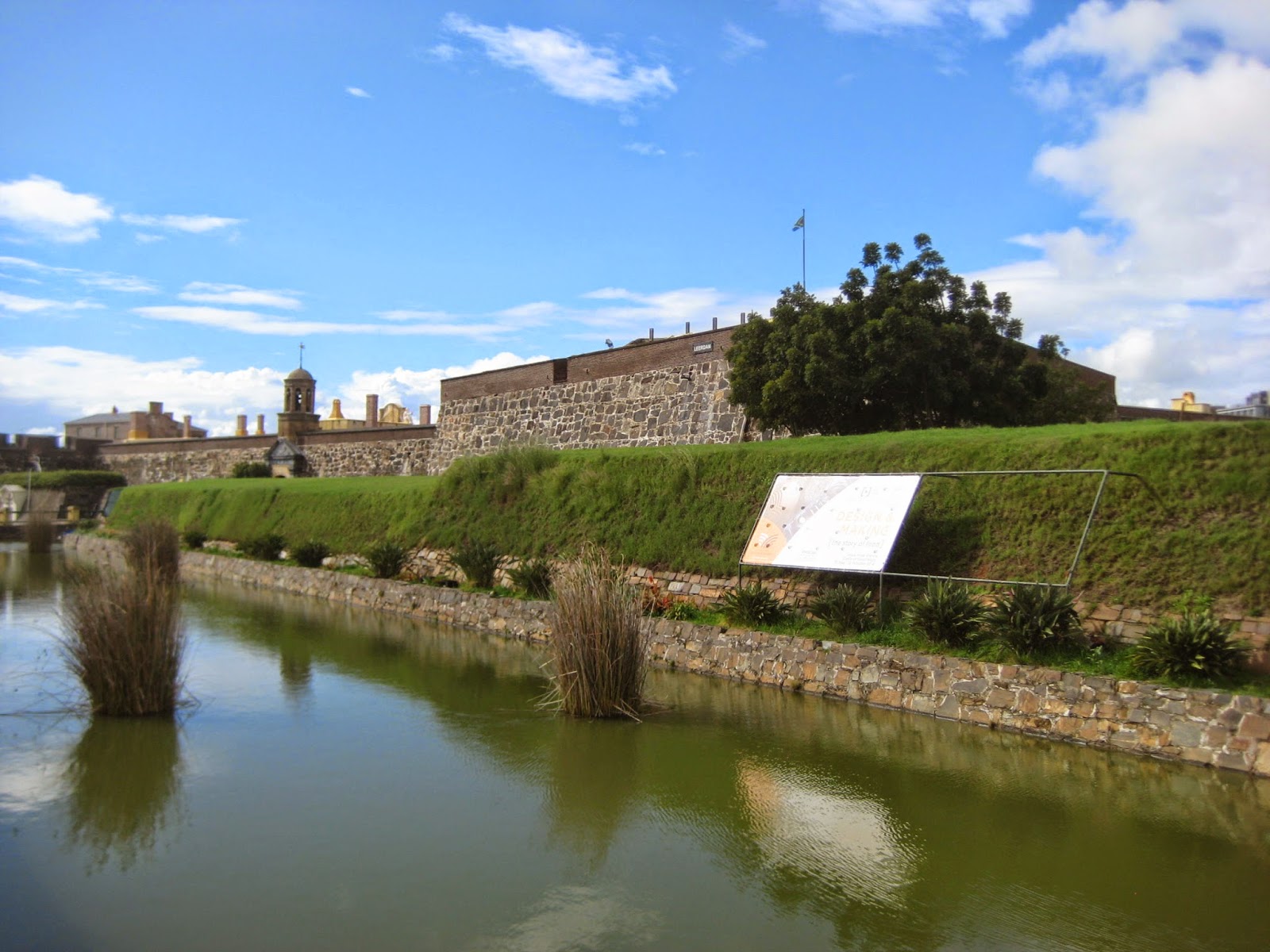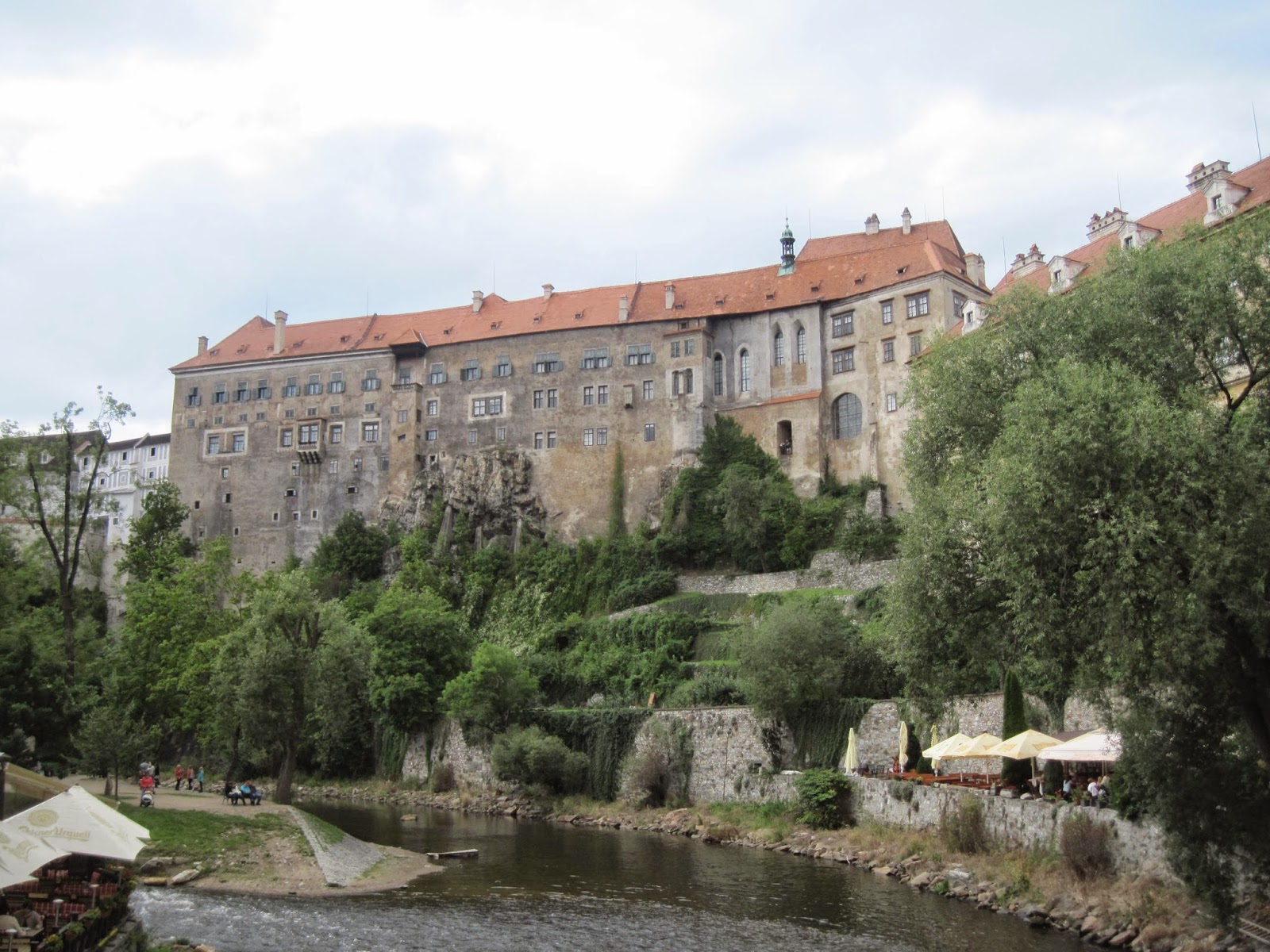Last week Ms. Hoffman asked you to come up with a solution about how two trains should pass each other! Did you find it?
Here is what they really do in Battambang, Cambodia!
They have a quick way to take the trains apart and take them off the tracks. The train that has the most people or things on it gets the right of way, and the other one must get off the track and wait!
Here is what they really do in Battambang, Cambodia!
They have a quick way to take the trains apart and take them off the tracks. The train that has the most people or things on it gets the right of way, and the other one must get off the track and wait!
Pretty clever huh?
















































